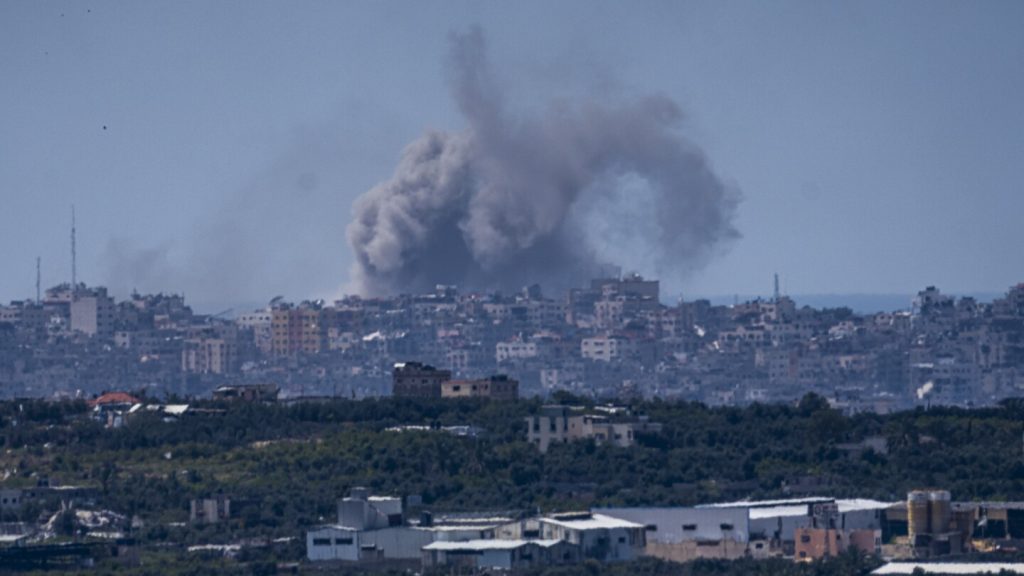Israeli Prime Minister Benjamin Netanyahu criticized a United Nations Security Council resolution calling for a Gaza cease-fire that was not blocked by the United States, Israel’s top ally. Netanyahu vowed to continue the war, stating that the resolution had emboldened Hamas and escalated tensions between the U.S. and Israel. Both Israel and Hamas have rejected cease-fire efforts and are focused on achieving their version of victory, with Israel aiming to dismantle Hamas and return hostages.
Hamas has stated that it will only release the hostages if Israel agrees to a more permanent cease-fire, withdraws its forces from Gaza, and releases Palestinian prisoners. The rejection of a recent proposal by Hamas indicates their desire for a costly victory. Netanyahu criticized Hamas for not continuing negotiations and reaffirmed Israel’s determination to achieve its war goals of releasing hostages and weakening Hamas. The rejection of Hamas’ demands has led to increased tensions between the two sides.
The Israeli military announced the killing of Marwan Issa, the deputy leader of Hamas’ armed wing in Gaza, through an airstrike, marking a significant victory for Israel. However, an Israeli strike in Rafah resulted in the deaths of at least 16 people, including women and children, raising concerns about civilian casualties. Netanyahu has vowed to continue the offensive until Hamas is destroyed, despite limited details on post-war plans and a divergence in vision from the U.S.
The U.S. abstaining from the Security Council vote on the cease-fire resolution has further strained relations between Israel and its top ally. The resolution called for the release of hostages in Gaza without conditioning the cease-fire on it. Netanyahu’s response to the vote, including canceling a visit to Washington, has led to criticism within Israel. The U.S. has expressed concern over civilian casualties in Gaza but continues to support Israel’s aim of destroying Hamas.
Israeli Defense Minister Yoav Gallant held talks with U.S. officials, emphasizing Israel’s commitment to continue operations in Gaza until the hostages are released. The ongoing conflict has led to political isolation for Israel and challenges in garnering international support. Efforts for negotiations and a cease-fire by the U.S., Qatar, and Egypt have stalled, with Hamas proposing a phased process for the release of hostages in exchange for Israeli withdrawal and other concessions. The war, which began in October, has left Gaza in ruins and displaced a significant portion of its population.


